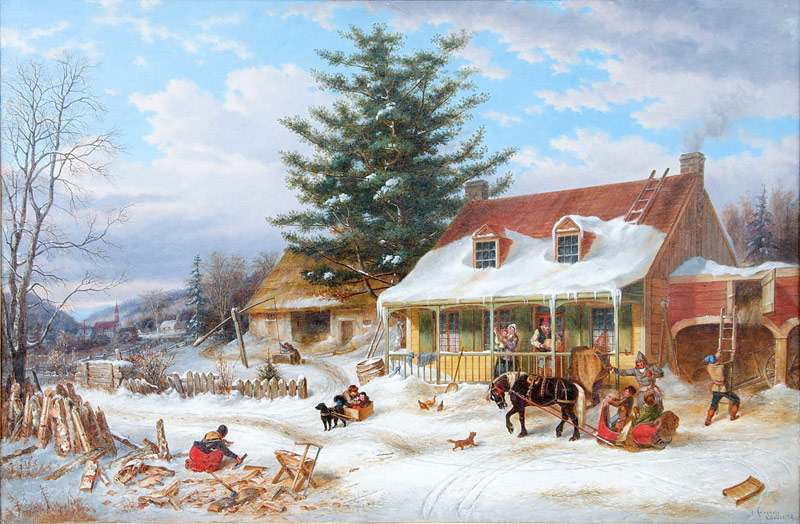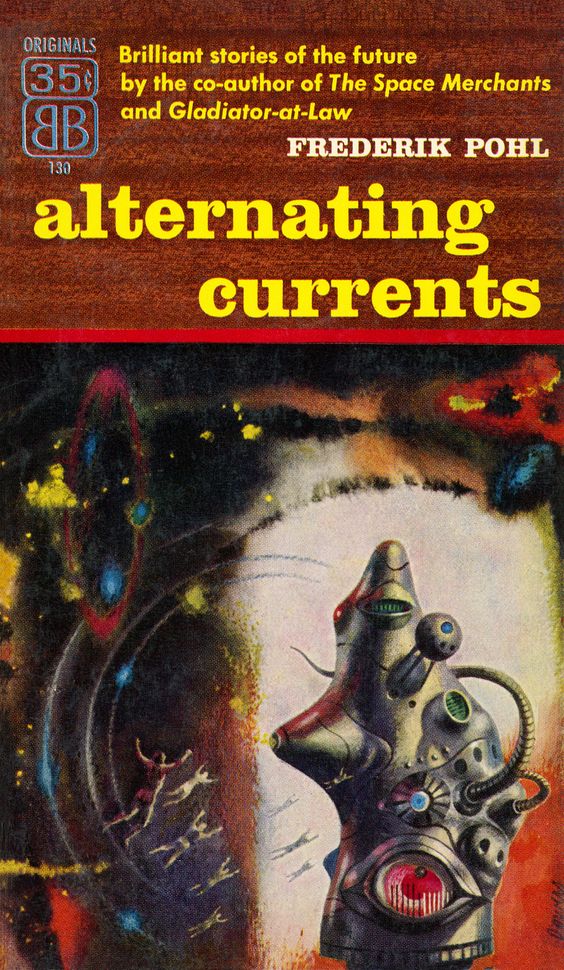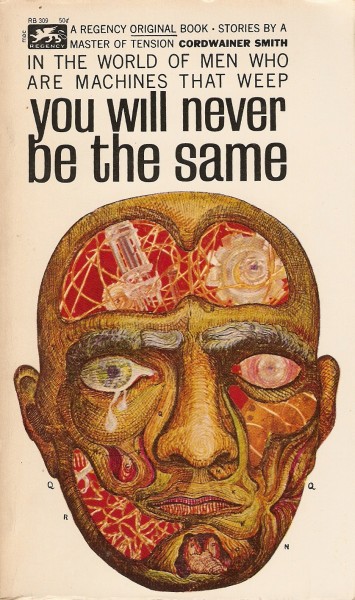Nobel Prize winner Orhan Pamuk is the leading light of modern Turkish fiction writing. This is one of his early novels. It’s extremely well-crafted, and its qualities come through in what must be a very good translation by Victoria Holbrook. It’s a short novel, dealing with a simple theme, without the pretensions and convolutions that are thought obligatory by current fashion. It’s set in the late 18th Century, and narrated by an Italian who becomes the slave of an Ottoman scholar, to whom he bears an uncanny physical resemblance. With knowledge of each others’ most intimate secrets, they become able to exchange identities. Evliya Chelebi, the great 18th Century Turkish polymath, makes a cameo appearance, and so does a character, unnamed, whom I suspect is meant to be Giovanni Paolo Marana, an Italian author whom I discuss in my Third Meditation On Democracy.



